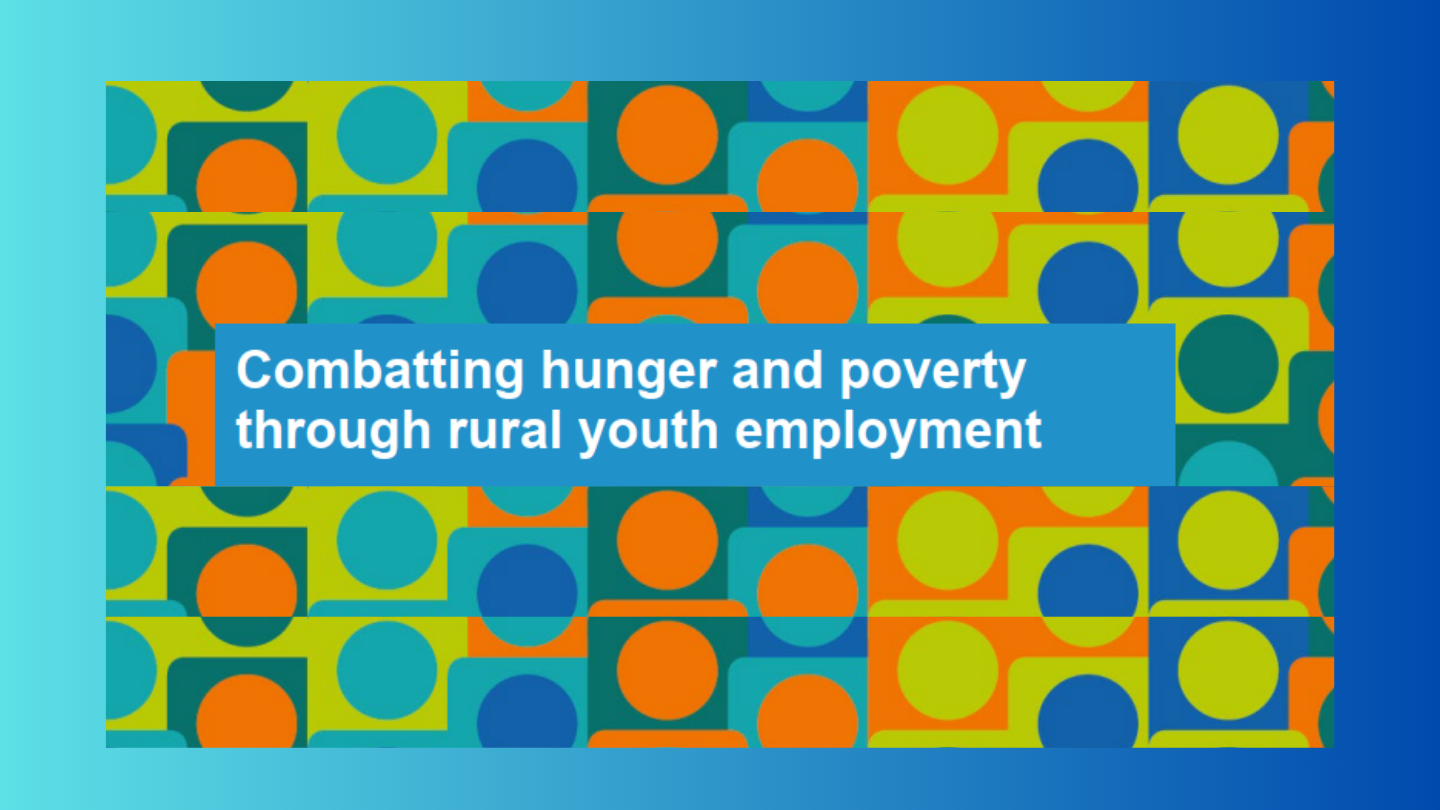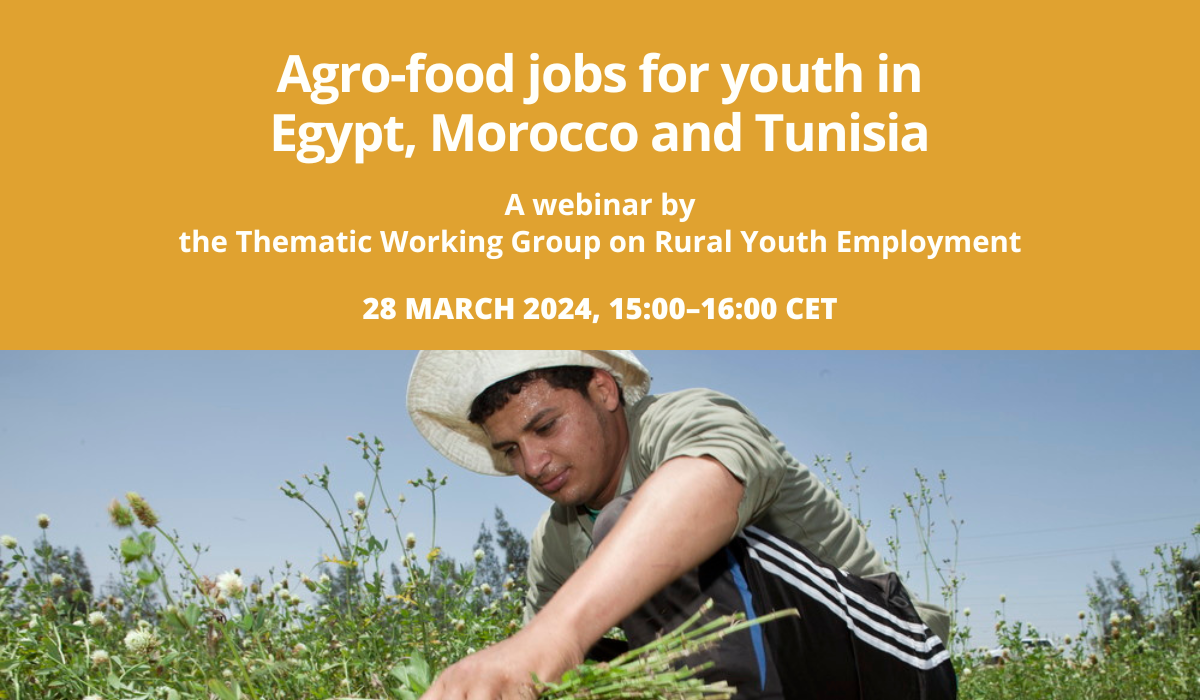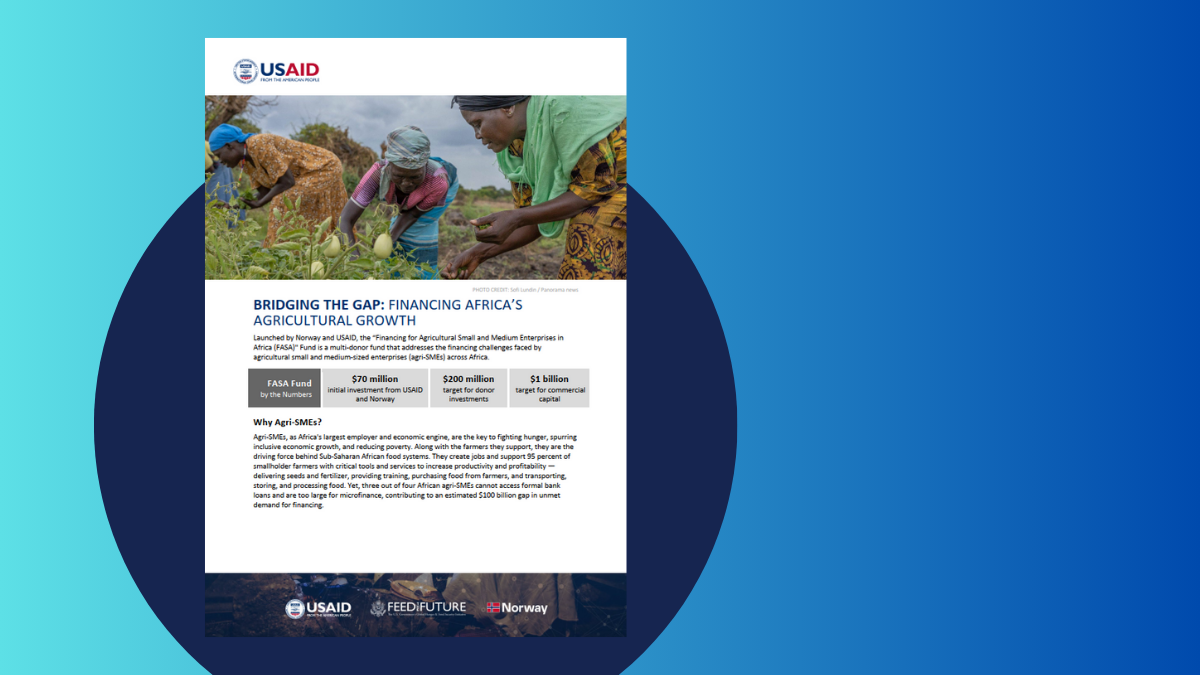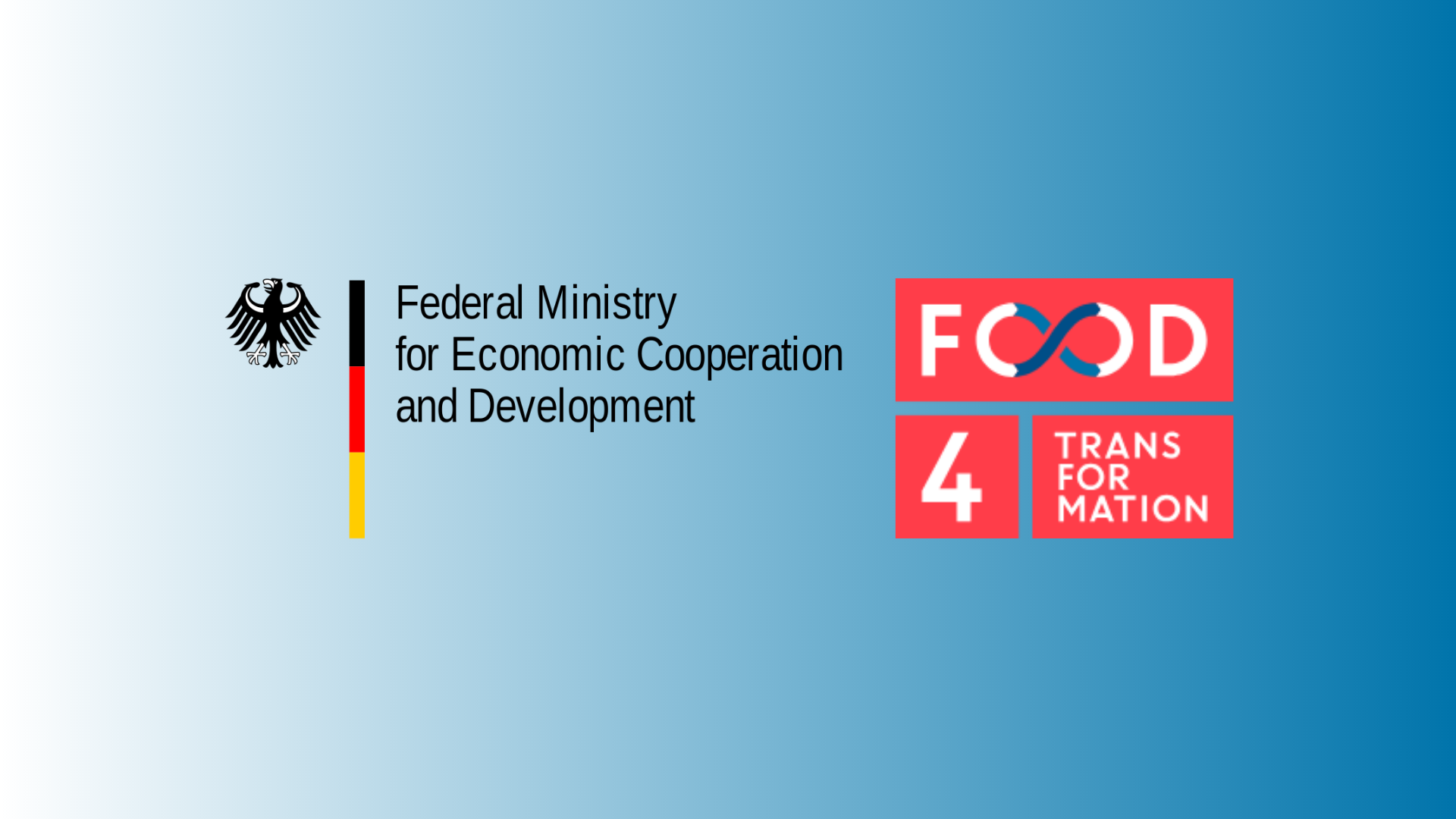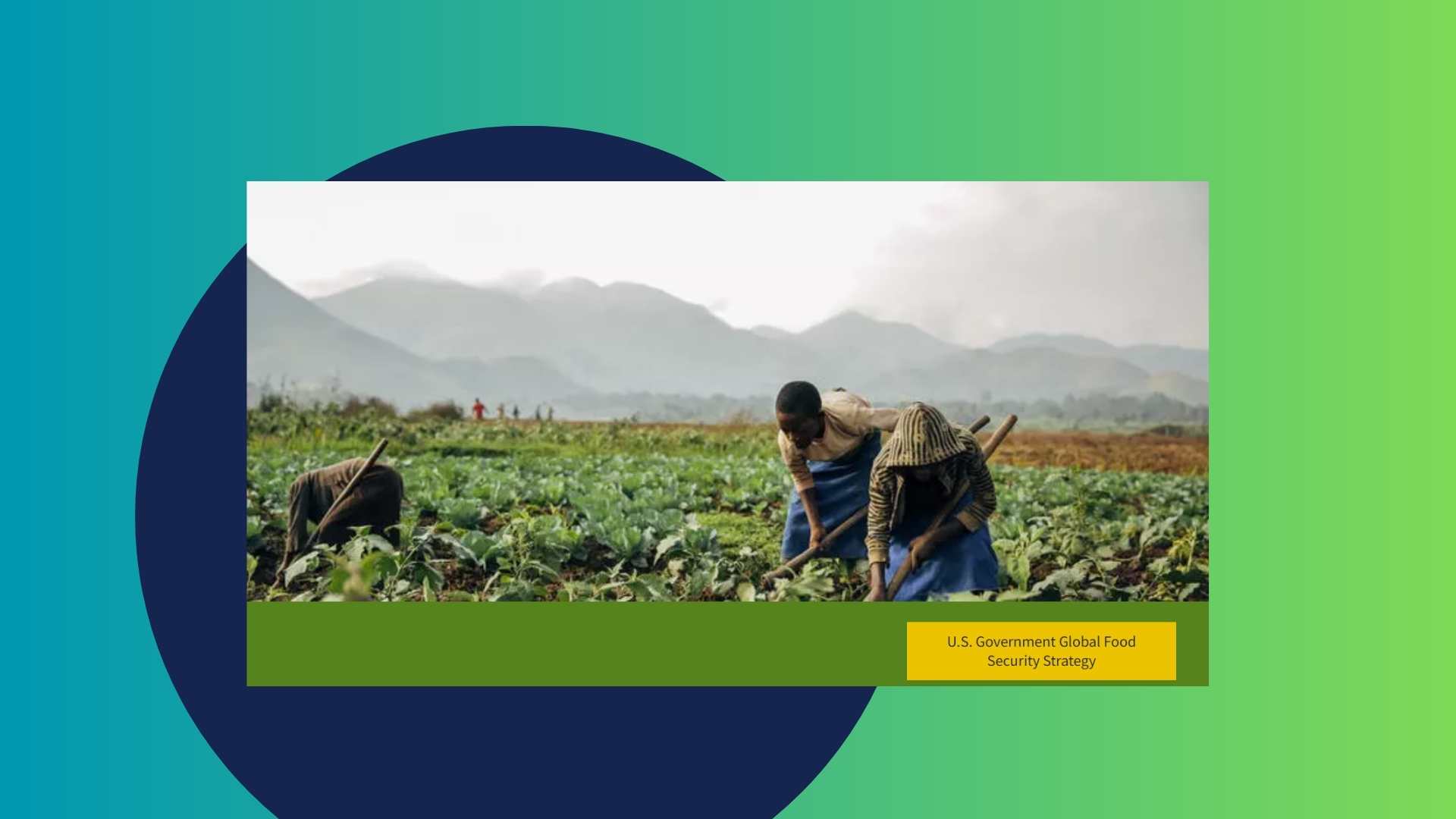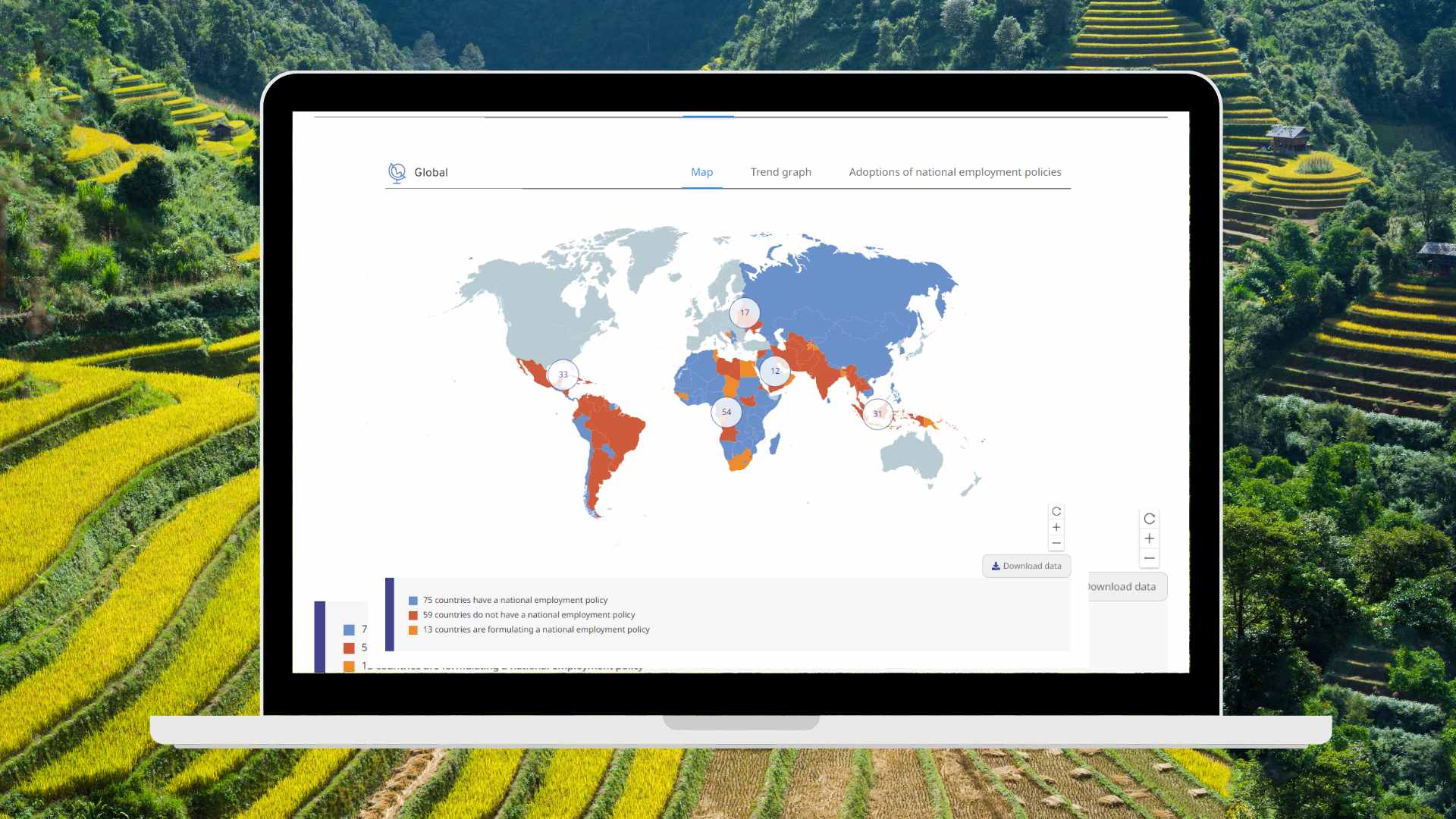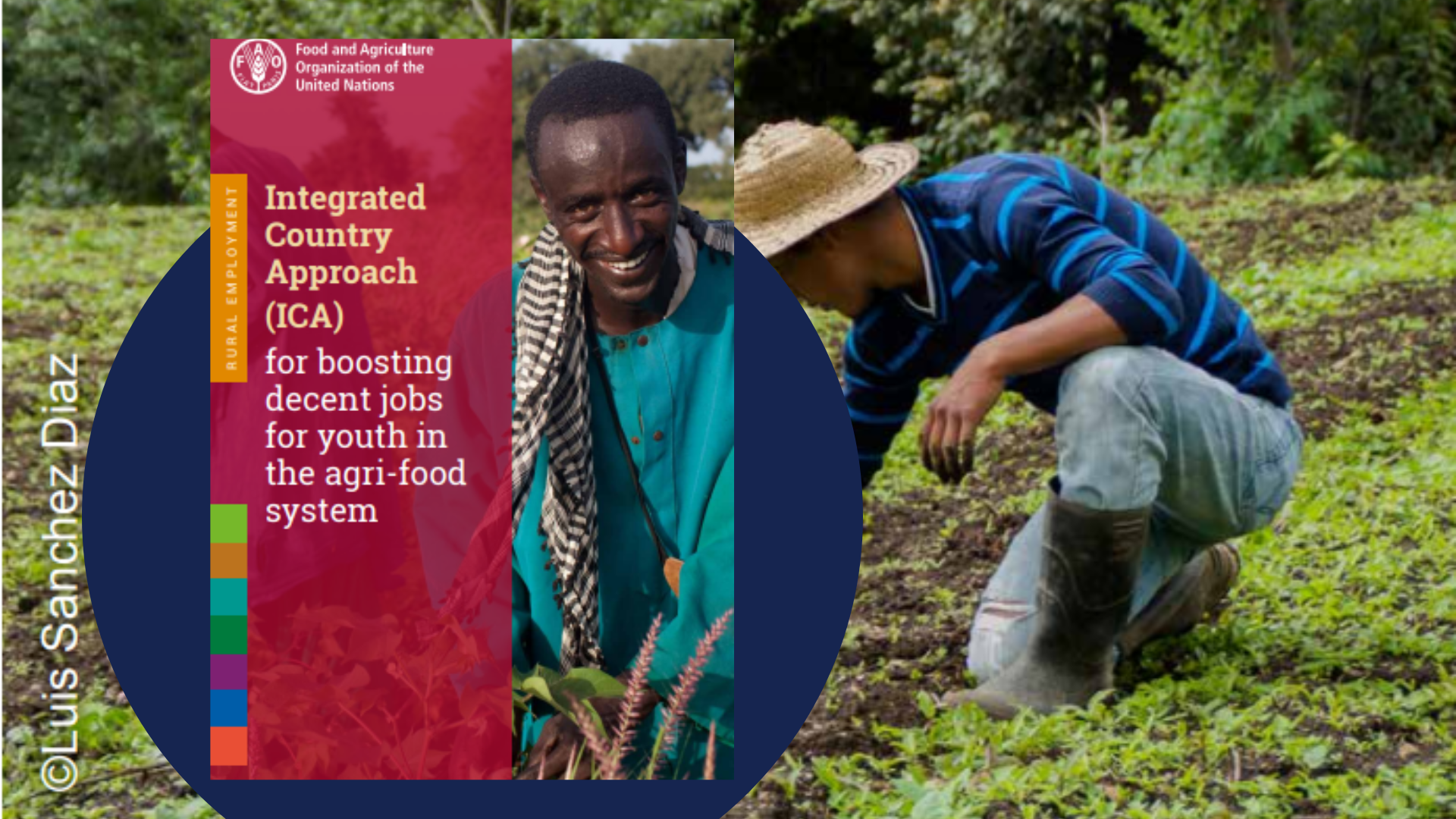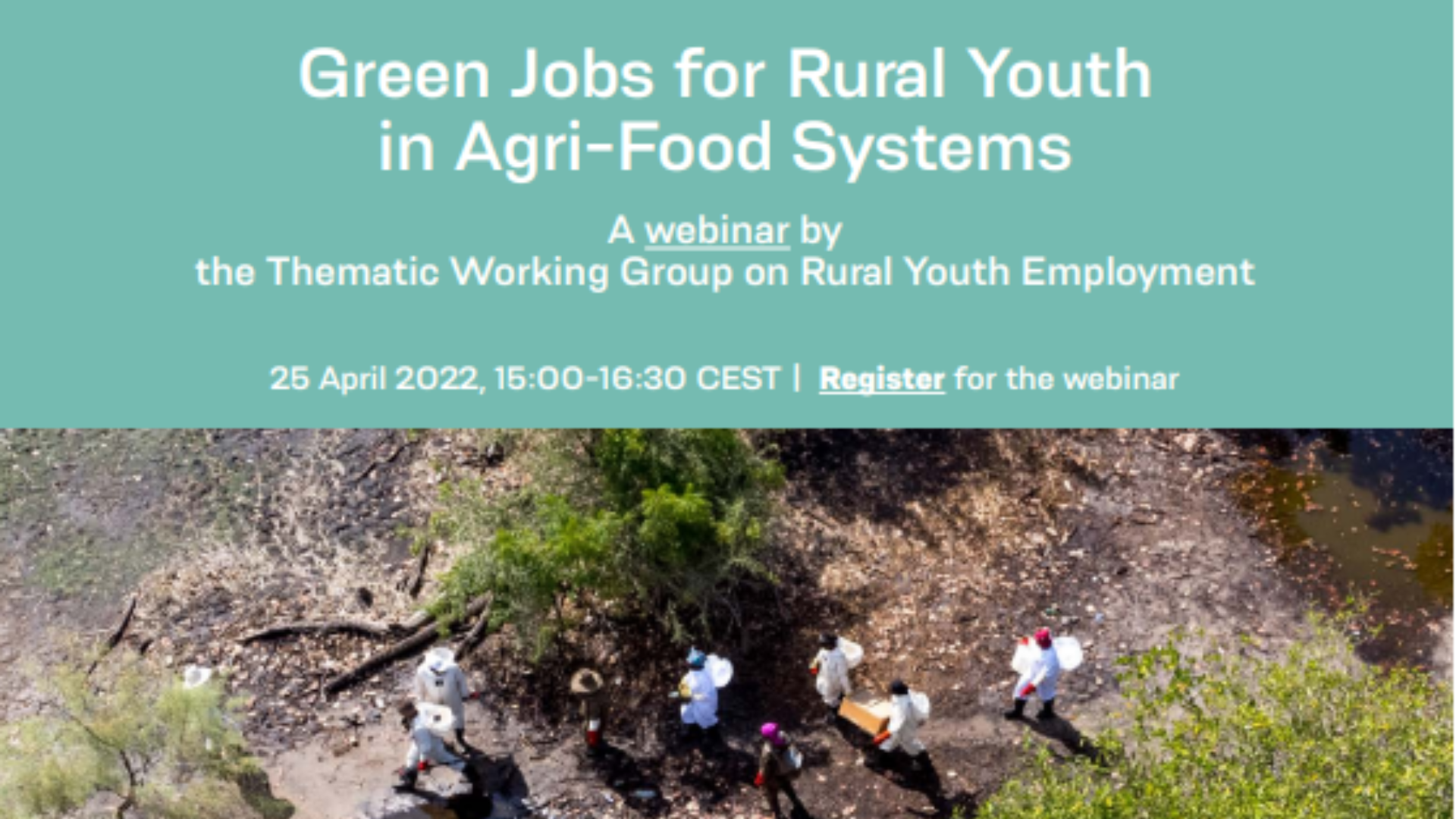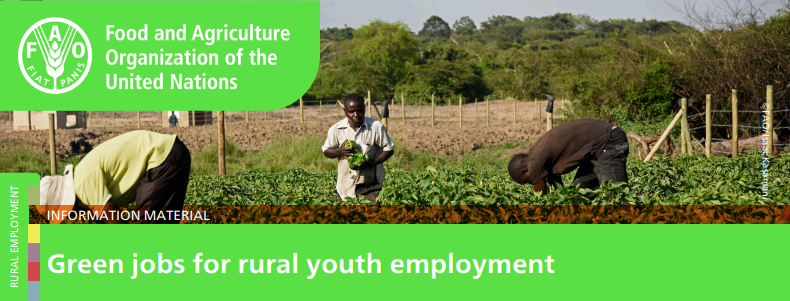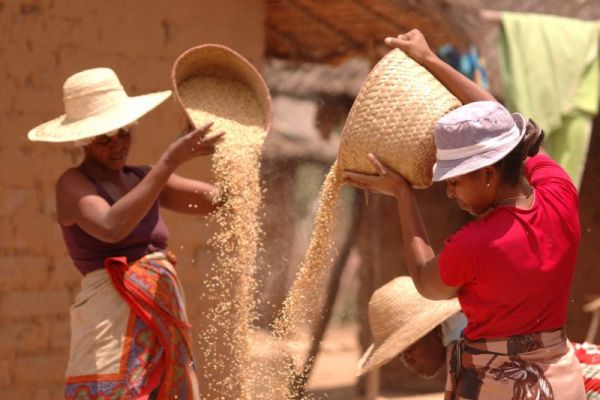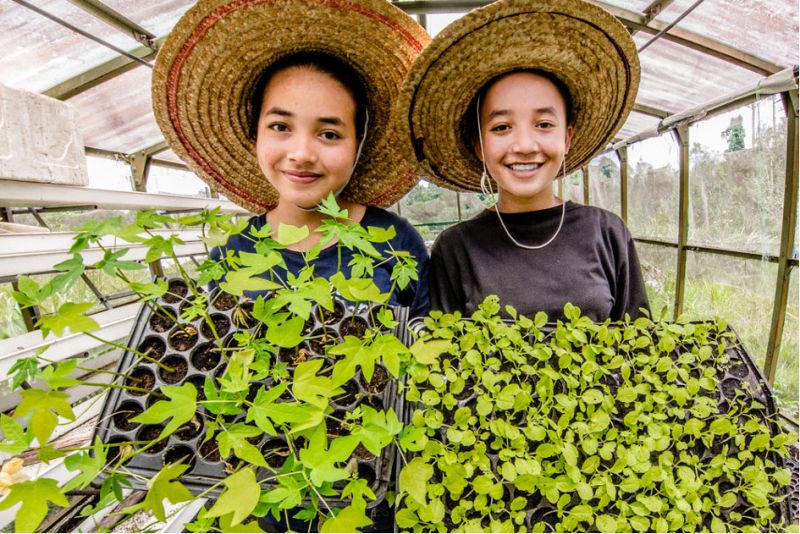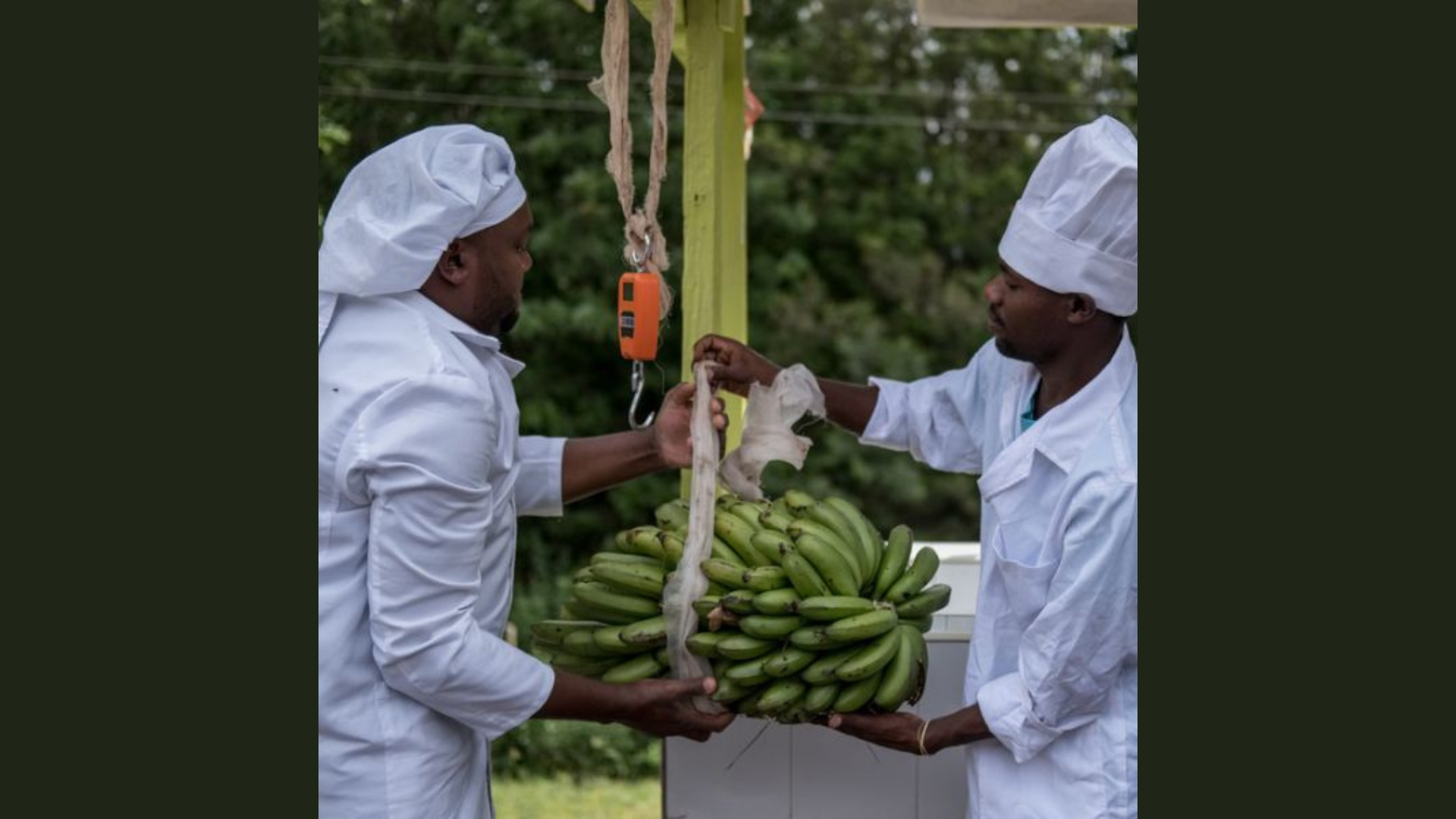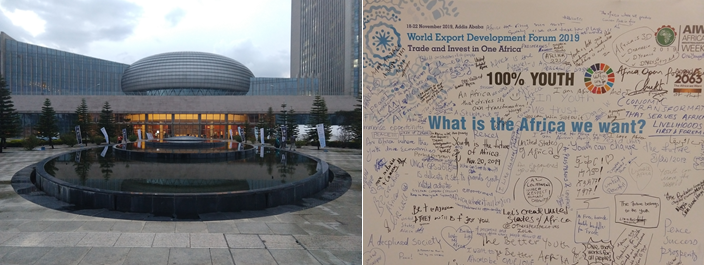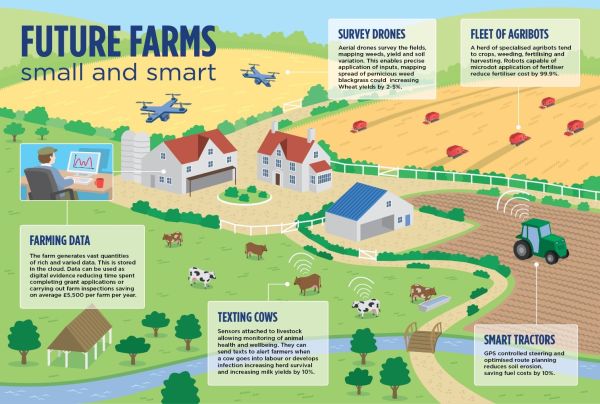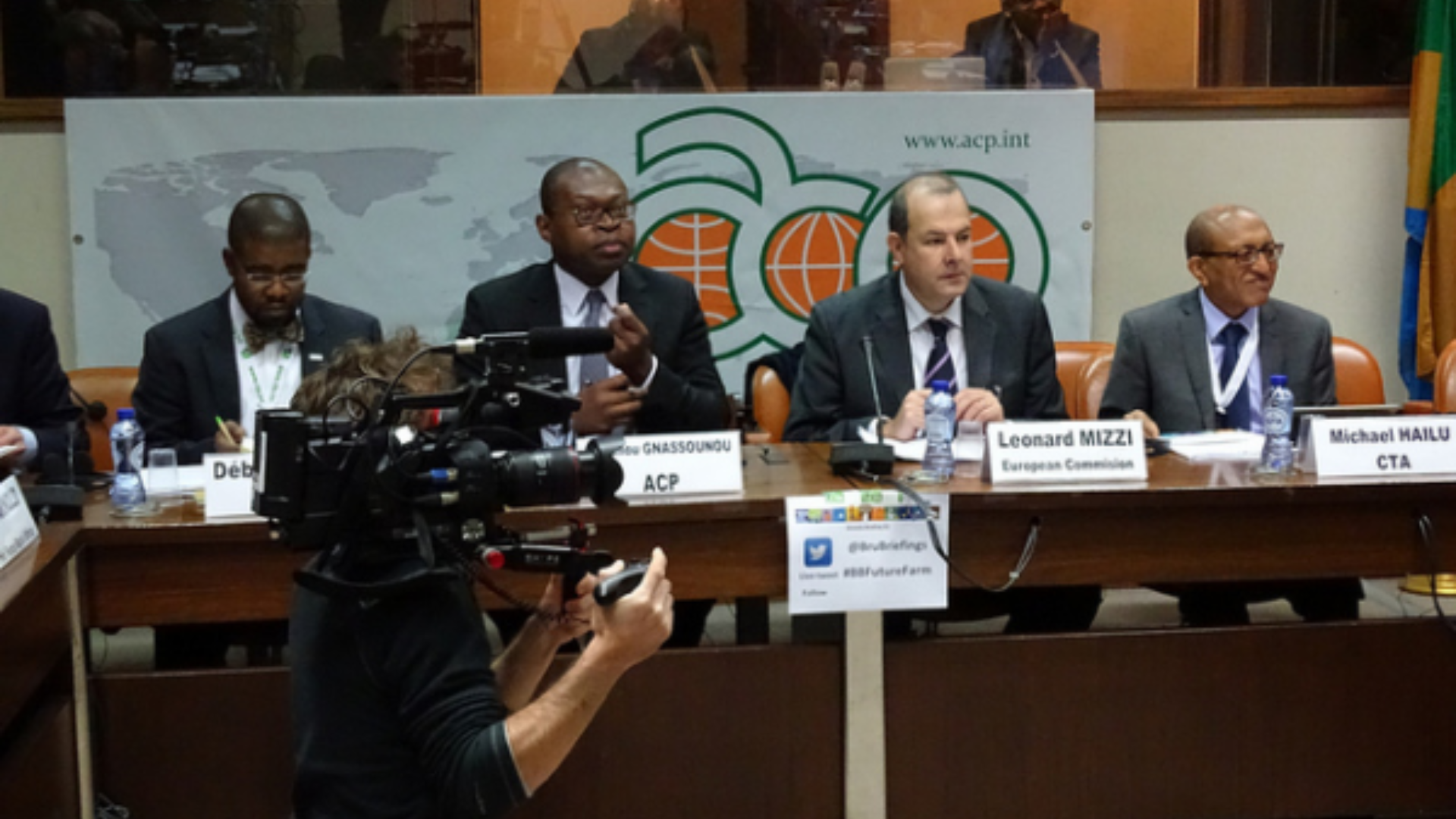Rome, Italy – October 2017
The event “Rural youth employment and entrepreneurship for food security and nutrition”, organised by the European Commission and BMZ focused on the importance of rural youth employment for development and nutrition and food security. The panelists saw the biggest opportunity for job creation in the food system and along agricultural value chains. The growing urbanisation and the demographic developments put demand pressure on the agricultural sector and food systems. At the same time this pressure creates opportunities for use of new technologies, mechanization, for low- and high-skilled jobs, overall making the sector more attractive to young people.
Links
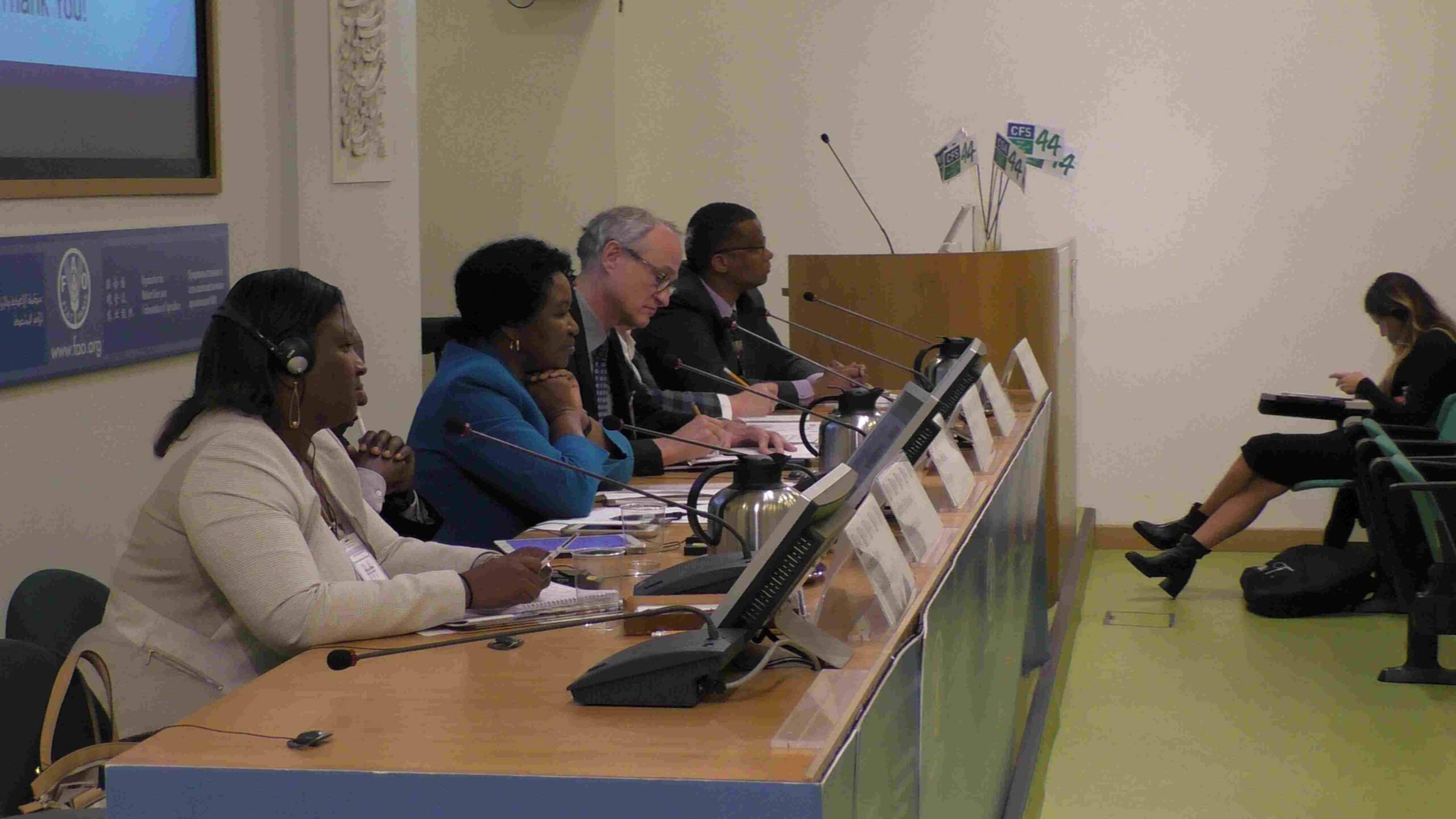
Food systems and the new opportunities for rural youth employment
Germany launched the new rural youth employment initiative under its G20 presidency. Now that the international community’s attention is focused on the young generation, joint efforts targeting youth will help make the difference, promote employment, tackle causes of conflict and forced displacement and ultimately contribute to reducing poverty. IFAD and the World Bank released a study that looks exactly into the importance of rural youth and explores possible entry points for development assistance. There are 1.2 billion young people in the world with overall unemployment rate of 30%. Especially in low-income countries, these numbers are most probably going to continue to grow over the next couple of decades. And it is exactly in these countries that agriculture and farming will remain an important employer. Investments along the value chain, especially in off-farm activities will create the biggest opportunities tor jobs creation. The report identified several entry points to promote growth and create jobs, including investments in infrastructure and increasing agricultural productivity. Additionally development agencies should focus on upgrading education and training offers to facilitate food systems transformation and match the skills to labour market needs. Another important target of interventions should be to improve rural business climate and facilitate private sector development. Donor agencies should focus their efforts on promoting policies that foster youth employment. Based on the variety of factors that influence jobs creation, higher level of coordination and enhanced partnerships amongst donors and with partner countries will be required. Partnerships should engage youth, private sector, civil society, governments and partners on equal level, ensuring the ownership of reforms and the sustainability of efforts.
Partnerships and policy coherence
Agricultural sector employs 60% of the total workforce in the ACP region. Also the sector that offers the biggest potential and opportunities for women and youth employment. Germany and the European Commission both called for reforms in rural areas to empower women and youth and create environment that supports entrepreneurship. Reforms based on a coherent effort from all stakeholders to harvest the capacities and opportunities arising from the food sector, to employ the potential of the young generation and contribute to ensuring stable food systems and food security. Only with policy coherence can donors contribute to bridging the gap between value chain development and nutritional demands, between transformation, urbanization and employment opportunities.
Highlights from CFS 44: Rural youth employment
Rural youth employment – bridging the gap between transformation and urbanisation. Oct 2017
The above video is an edited version of the highlights during CFS44 side event “Rural Youth Employment and Entrepreneurship for Food and Nutrition Security” October 2017.







